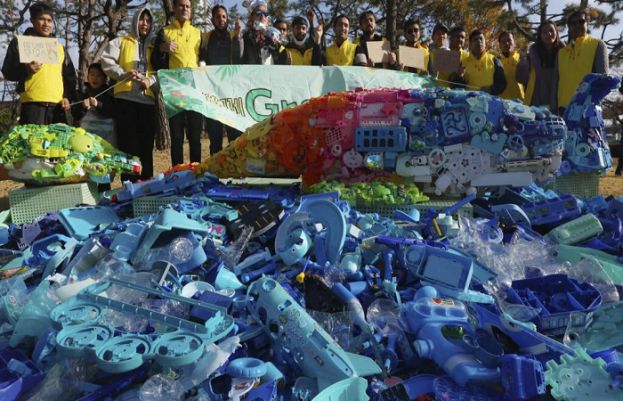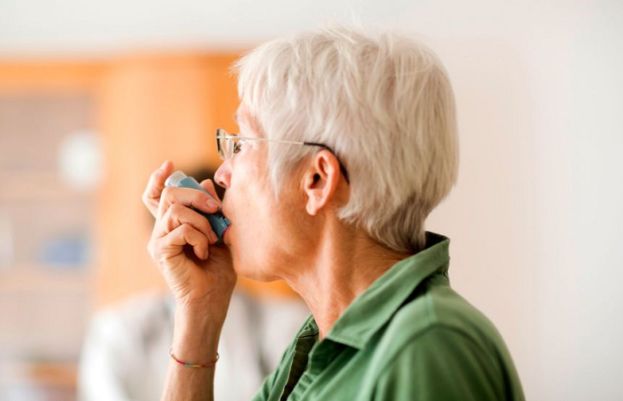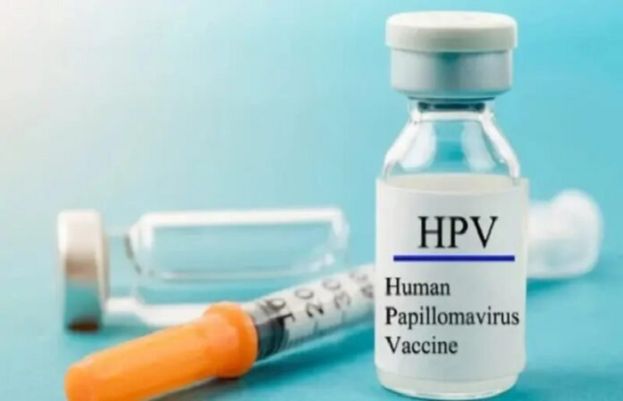Plastic pollution treaty negotiations begin amid urgent warnings of a ‘global crisis’


Delegates from 184 nations convened in Geneva on Tuesday to launch a pivotal round of negotiations aimed at finalizing a landmark treaty to tackle the growing plastic pollution crisis — a threat that continues to devastate ecosystems and pollute the planet’s oceans.
Opening the 10-day session at the United Nations, Ecuadorian diplomat Luis Vayas Valdivieso, who is chairing the talks, called on countries to seize this critical opportunity to forge a meaningful global agreement.
“We are confronting a global crisis,” he told the more than 1,800 negotiators present. “Plastic pollution is destroying ecosystems, polluting our rivers and oceans, threatening biodiversity, endangering human health, and hitting the world’s most vulnerable the hardest.”
He emphasized the pressing need for action: “The urgency is undeniable, the evidence overwhelming — and it is up to us to act.”
Plastic pollution has become so widespread that microplastics have been discovered everywhere — from the peaks of the highest mountains to the depths of ocean trenches, and even within the human body.
However, progress has been slow. After five previous negotiation rounds, talks stalled last December in Busan, South Korea, when oil-producing countries blocked consensus, halting momentum in the three-year-long effort.
Key figures steering this revived attempt insist a deal is within reach this time around.
“There’s been extensive diplomacy from Busan till now,” the UN Environment Programme’s Executive Director Inger Andersen told AFP.
The UNEP is hosting the talks, and Andersen said conversations between different regions and interest groups had generated momentum.
“Most countries, actually, that I have spoken with have said: ‘We’re coming to Geneva to strike the deal’.
“Will it be easy? No. Will it be straightforward? No. Is there a pathway for a deal? Absolutely.”
More than 400 million tonnes of plastic are produced globally each year, half of which is for single-use items.
While 15 percent of plastic waste is collected for recycling, only nine percent is actually recycled.
Nearly half, or 46 percent, ends up in landfills, while 17 percent is incinerated and 22 percent is mismanaged and becomes litter.
In 2022, countries agreed they would find a way to address the crisis by the end of 2024.
However, the supposedly final negotiations on a legally binding instrument on plastic pollution, including in the seas, flopped in Busan.
One group of countries sought an ambitious deal to limit production and phase out harmful chemicals.
But a clutch of mostly oil-producing nations rejected production limits and wanted to focus on treating waste.
Production cap gap
A cap on plastic production is one of the thorniest issues being debated in Geneva.
Katrin Schneeberger, the director of Switzerland’s environment ministry, told the opening press conference: “This is no call for a production cap. Clarifying this in informal meetings was an important message to producing countries.”
Without commenting on whether there would be a cap, Andersen then stressed that the treaty would cover the entire life cycle of plastics, from production to waste.
More than 600 non-governmental organisations are in Geneva, and this time have access to the discussion group meetings.
“We have to stop making so much plastic,” Greenpeace’s delegation chief Graham Forbes told AFP.
The group and its allies want a treaty “that cuts plastic production, eliminates toxic chemicals and provides the financing that’s going to be required to transition to a fossil fuel, plastic-free future”, he said.
“The fossil fuel industry is here in force,” he noted, adding: “We cannot let a few countries determine humanity’s future when it comes to plastic pollution.”
Big triggers
France’s Ecological Transition Minister Agnes Pannier-Runacher — one of a few dozen ministers planning on heading to Geneva later in the talks — warned Tuesday that the negotiations would be “difficult”.
“I call on each state to take responsibility before we are overwhelmed by this pollution,” she said in a statement.
Panama’s delegate Juan Monterrey Gomez — a fellow proponent of an ambitious treaty — voiced optimism that a treaty could be struck on August 14.
“The beginning is better than Busan,” he said of the start of talks.
No country wanting to be held responsible for sinking the negotiations “is probably the biggest trigger we can push”, he told AFP.




